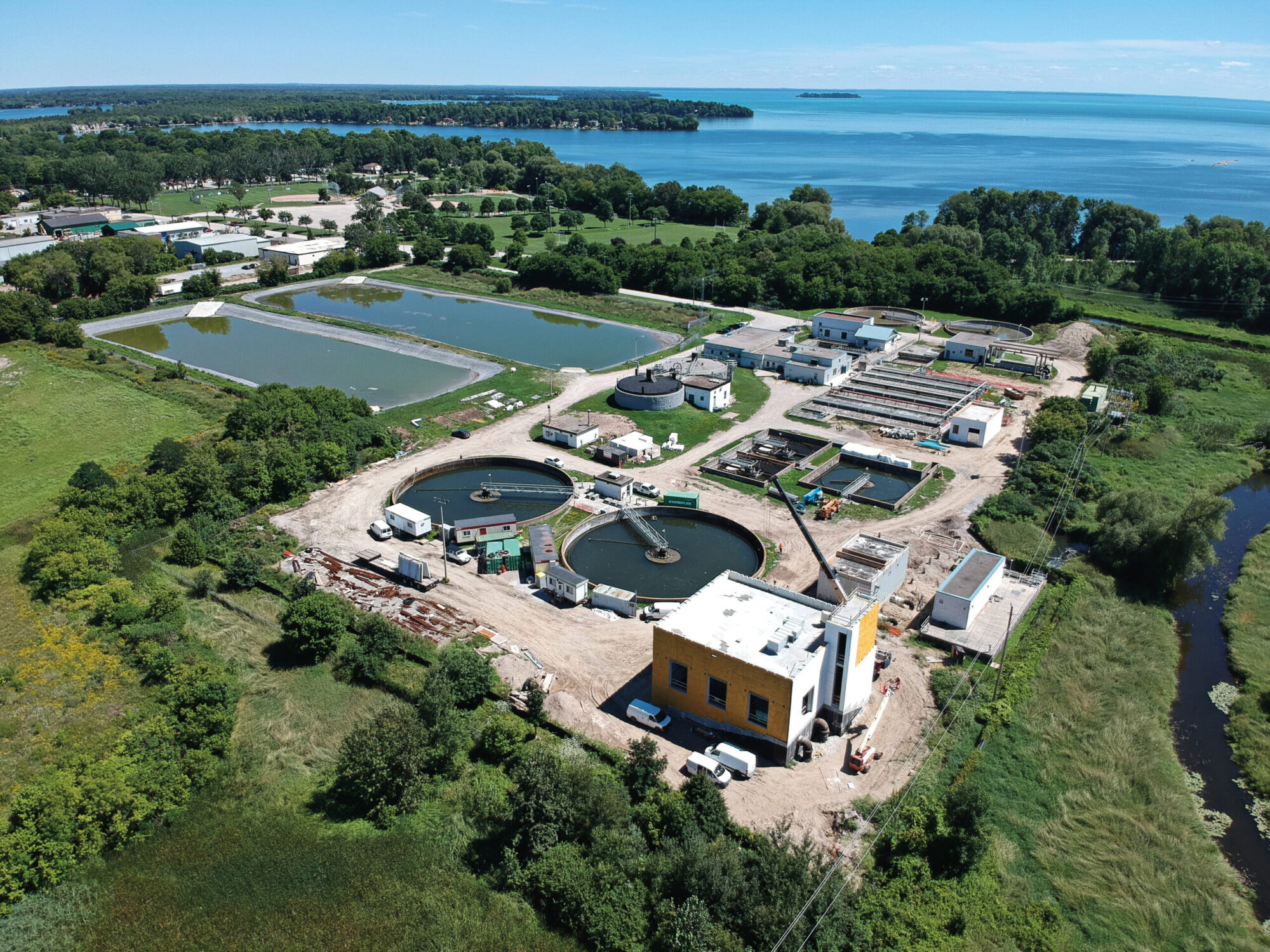Effective since October 1, 2023, C3 Water Inc. (“C3 Water”), joined CIMA+, one of Canada’s largest privately-owned consulting engineering firms. By adding C3 Water to the team, CIMA+ is expanding its portfolio with additional expertise in water modelling platforms, which includes the development of digital twins for water systems.
Learn more about CIMA+’s infrastructure services

CIMA+ provides a variety of consulting engineering services, namely in the areas of buildings, infrastructure, transportation, energy and resources, project management, communication systems, and the environment.
Our engineers combine top-notch skills with an intimate understanding of the local community to deliver customized infrastructure services for municipalities and real-estate developers. We have delivered hundreds of projects across Canada, including innovative solutions for the full spectrum of water and wastewater assets, on time and on budget.
 C3 WATER JOINS FORCES WITH CIMA+
C3 WATER JOINS FORCES WITH CIMA+